In the rapidly evolving landscape of pharmaceuticals and biotechnology, data has become the lifeblood of innovation. AI and machine learning can help us make more sense of it. One possible result: better medicines, developed faster, to treat or cure many more patients. The marriage of cutting-edge science and advanced data analytics is transforming the way these industries operate. As a result, there is an unprecedented demand for data talent in pharma and biotech, and it’s not showing any signs of slowing down.
Ursus has seen a rapid increase in demand for data scientists, engineers, and analysts that were historically coveted primarily by the tech giants but are now heavily recruited by pharmaceutical companies both large and small. There are over 250 well-funded startups that have integrated AI into their research workflows and pose a potential threat to large pharma. To succeed in this competitive market, pharma companies of all sizes and evolutionary states will need to radically change the way they work to attract this talent necessary to keep pace.
The Data Revolution in Pharma and Biotech
Pharmaceutical and biotechnology companies are facing immense pressure to deliver breakthroughs, from developing novel drugs to improving patient outcomes. Traditionally, these industries have relied on biology and chemistry to drive their innovations. However, the advent of big data and advancements in computing power have ushered in a new era. AI-driven drug development has arrived.
Here are some key factors contributing to the AI, and data revolution in pharma and biotech:
- Genomics and Personalized Medicine: The sequencing of the human genome and the rise of personalized medicine require vast amounts of genomic data analysis. Data scientists are essential for identifying genetic markers, predicting disease risks, and tailoring treatments to individual patients.
- Drug Discovery: In silico drug discovery, powered by machine learning algorithms and data analysis, has accelerated the identification of potential drug candidates. Data experts play a crucial role in sifting through immense chemical datasets to identify promising compounds.
- Clinical Trials: Clinical trial data is becoming increasingly complex and vast. Data professionals are needed to design trials, manage patient data, and analyze outcomes to ensure the safety and efficacy of new treatments.
- Real-World Evidence: Leveraging real-world data from electronic health records and wearable devices is essential for post-marketing surveillance and optimizing treatment strategies. Data scientists are indispensable in analyzing this data to inform decision-making.
- Supply Chain Optimization: Streamlining the supply chain is critical in ensuring timely and efficient drug manufacturing and delivery. Data analytics can help optimize inventory management, reducing costs and preventing shortages.
- Regulatory Compliance: Regulatory bodies are demanding more comprehensive data to assess drug safety and efficacy. Data talent is needed to ensure compliance and facilitate regulatory submissions.
The Skills in Demand
The demand for data talent in pharma and biotech spans a wide range of roles and skill sets. Here are some of the key positions that are highly sought after:
- Data Scientists: These professionals are responsible for developing machine learning models, conducting statistical analysis, and uncovering insights from complex datasets. They play a pivotal role in drug discovery and clinical trial optimization.
- Bioinformaticians: Bioinformaticians specialize in biological data analysis, particularly genomics and proteomics. They are instrumental in identifying genetic markers and biomarkers for disease diagnosis and treatment.
- Clinical Data Managers: Ensuring the integrity and quality of clinical trial data is critical. Clinical data managers oversee data collection, validation, and reporting, ensuring that trials meet regulatory requirements.
- Data Engineers: Data engineers are responsible for building and maintaining the data infrastructure necessary for storing and processing large datasets. They create pipelines that enable data scientists to work efficiently.
- Regulatory Affairs Specialists: These professionals bridge the gap between data teams and regulatory authorities, ensuring that data submissions comply with regulatory standards.
- Supply Chain Analysts: Optimizing the supply chain requires data-driven decision-making. Supply chain analysts use data to enhance inventory management and distribution logistics.
Why Data Talent Matters
The demand for data talent in pharma and biotech is not merely a trend; it’s a necessity for survival and innovation. Here’s why data professionals are indispensable:
- Accelerated Innovation: Data-driven insights can significantly speed up drug discovery and development, potentially saving lives and reducing costs.
- Improved Patient Outcomes: Personalized medicine, enabled by data analysis, leads to more effective treatments tailored to individual patients, enhancing their quality of life.
- Cost Reduction: Data analytics can identify inefficiencies in processes, leading to cost savings in drug manufacturing, clinical trials, and supply chain management.
- Regulatory Compliance: Ensuring data integrity and compliance with regulations is essential to getting new drugs to market and maintaining a company’s reputation.
The pharmaceutical and biotechnology industries are undergoing a seismic shift towards AI, data-driven innovation. The demand for data talent is surging as these sectors recognize the critical role data professionals play in accelerating discovery, improving patient outcomes, and ensuring regulatory compliance. For those considering a career in these fields, there has never been a more exciting time to join the data revolution at the intersection of science and technology. As the demand for data talent in pharma and biotech continues to grow, the prescription for success is clear: embrace data or risk falling behind in this dynamic and ever-evolving landscape.
For more information on Ursus and the data talent we provide to the pharmaceutical industry visit us at ursusinc.com













